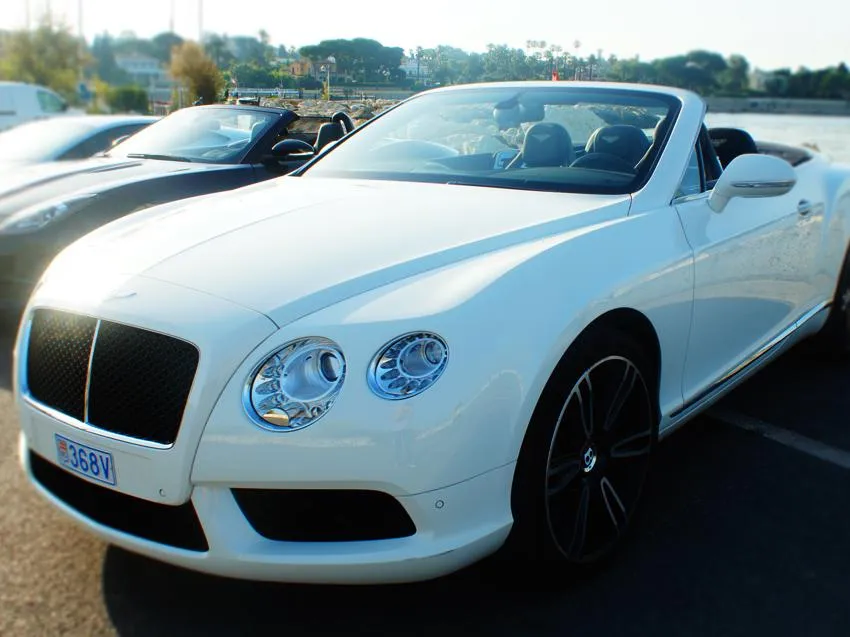
Germany is renowned for efficiency in the car industry and has three of the top selling luxury car brands in BMW, Mercedes and Audi. Yet is is another German manufacturer, Volkswagen, which although not traditionally associated with the luxury car industry, oversees the most important trends and new releases in the luxury and sports car industry.
For those unsure if Volkswagen is really linked to the luxury car industry, here are a few of the marques the Volkswagen Group sells passenger cars under: Audi, Bentley, Bugatti, Lamborghini and Porsche. In short, big names in the industry and certainly not bad for a company that started out manufacturing the Beetle and formed to create a ‘People’s car’. So how has Volkswagen become the behemoth it is today?
To fully understand the company, it is best to look into its histroy. The years following the Second World War were not good for the brand, the factory in Wolfsburg was in ruins and nobody wanted to buy it. Production was limited to making vehicles for the British army and only after it had been touted to several car manufacturers in the UK and USA, was it handed back to the German state in 1948. Once the plant was rebuilt, production started rapidly in the 1950s and 60s. However, it was the 1970s and 80s where the company really took off, taking a 51% stake in Spanish manufacturer SEAT in 1986 – the first non-German subsidiary for Volkswagen – and the company would later take full ownership. Its second non-German partnership came in the form of Skoda in 1991 and Volkswagen completed the 1990s with luxury marques Bentley, Bugatti and Lamborghini being added to its portfolio in 1998.
The final luxury piece in the Volkswagen jigsaw for now is Porsche. As of 1st August 2014, Volkswagen had a 100% stake in Porsche AG, effectively becoming its parent company and adding it to its already burgeoning portfolio. One of the major factors behind the success is Volkswagen’s move to China over 30 years ago helped establish it in what is now the largest market for automobiles in the world and brought in the profits which allowed the purchase of other manufacturers. The major increase in number of subsidiaries that VW has is also inextricably linked to the arrival of Ferdinand Piëch – Grandson of founder Ferdinand Porsche – who arrived in 1993 and before the acquisition of Lamborghini, Bentley and Bugatti. Finding an inefficient and overstaffed company, he has further raised profits and, importantly, oversaw a workforce of nearly half a million people.
Whilst having this number of subsidiaries might seem difficult, it is part of the brands strategy to sell 18 million cars annually by 2018. So far, it seems to be working out, with only Seat seen as a disappointment. Bentley is back in profit again. Audi has consistently been posting record sales and is ready to compete with BMW and Mercedes as the highest selling luxury car brand in the world. As recently as 2012, it was the second biggest car manufacturer in the world behind Toyota and aims to be the biggest by 2018. The company has also used the number of brands to its advantage, sharing ideas and common parts among them has helped cut costs.
With the Chinese market staying strong and a push to keep going in the USA, it seems that Volkswagen could potentially go from strength to strength. However, as with everything in life those at the top are always a target - including the aforementioned Piëch - who was replaced in April of 2015. Is this a metaphor for the future of Wolkswagen? We will have to wait and see.